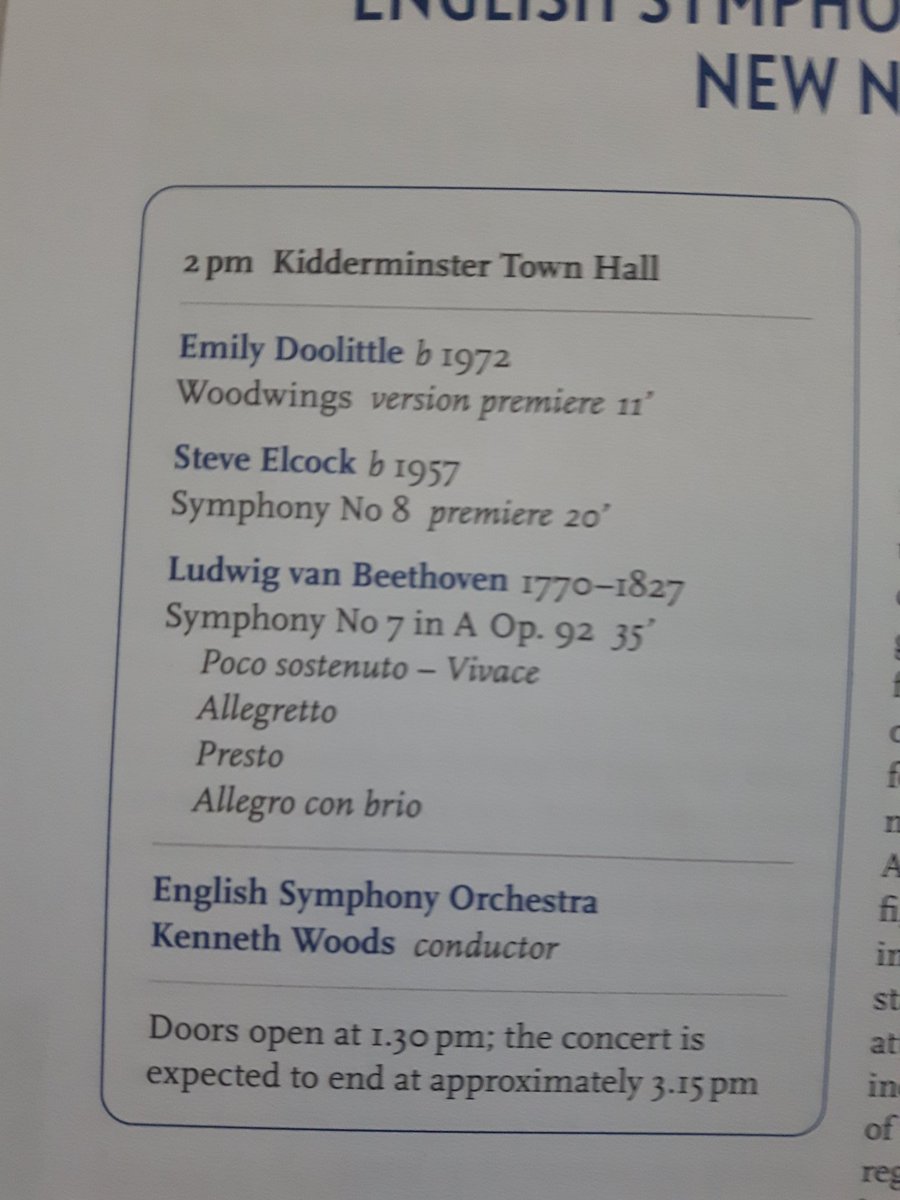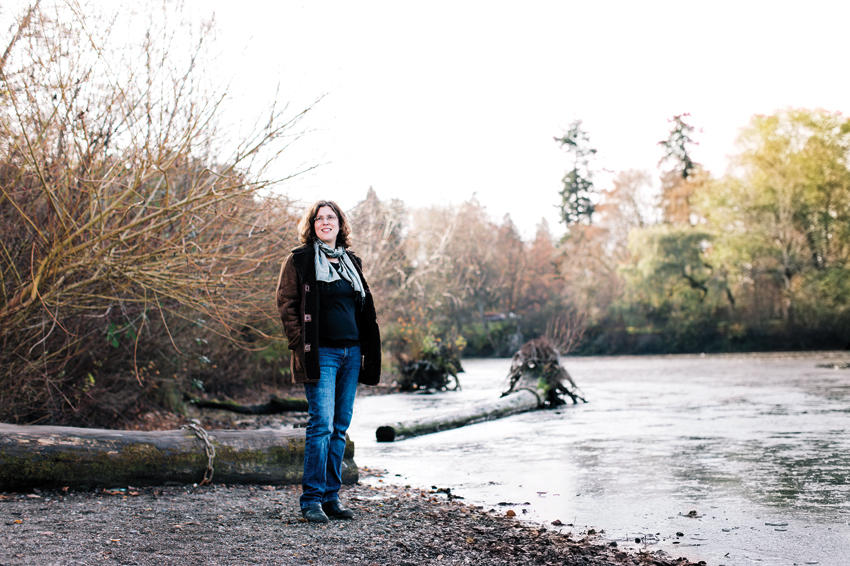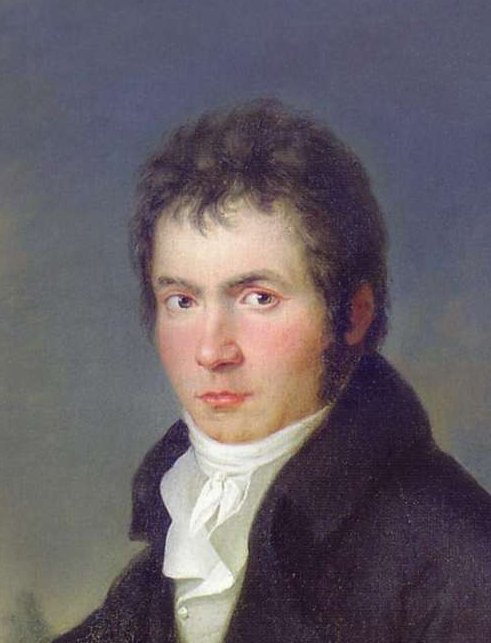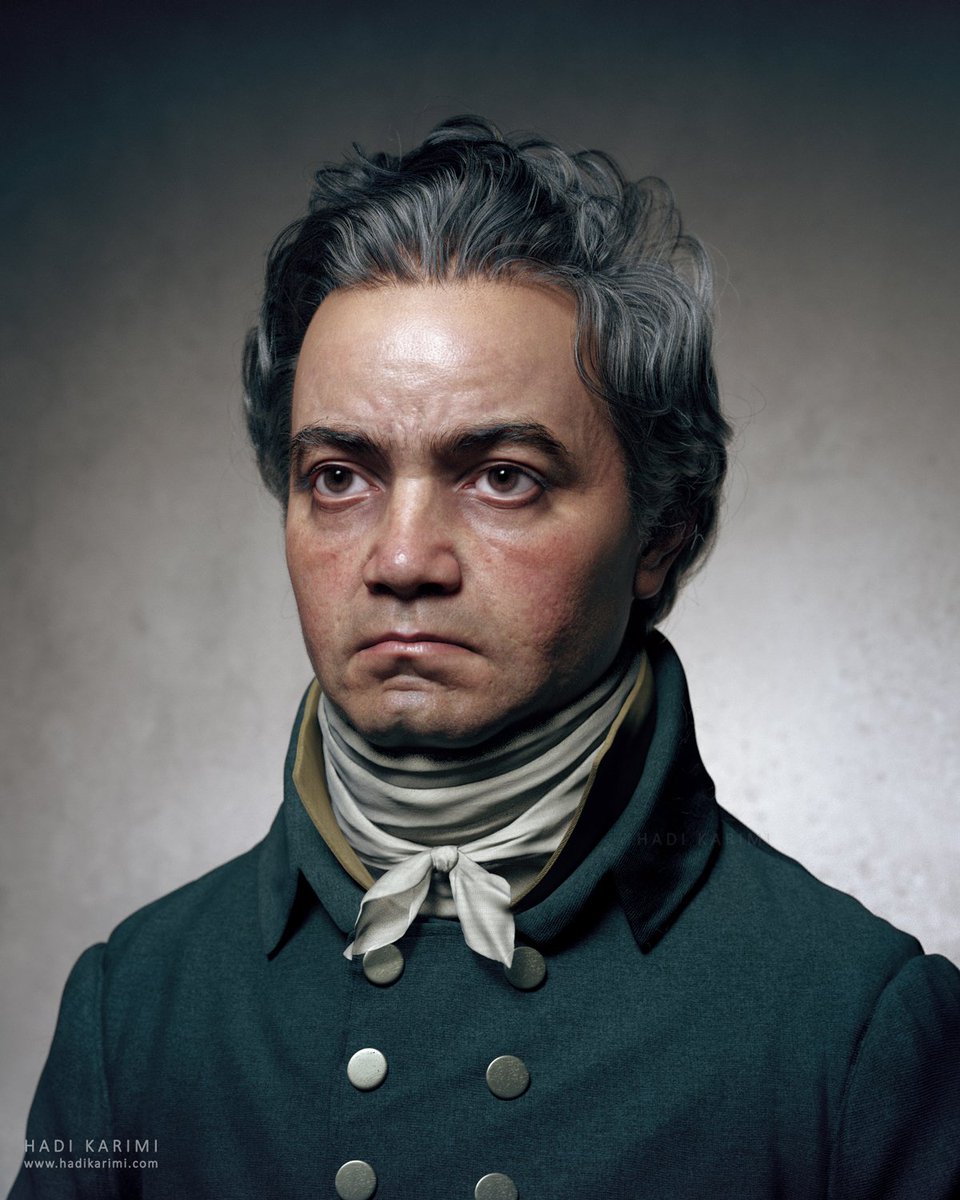
🧵
1/ On Wednesday I went to a wonderful concert by @EnglishSymphony and @kennethwoods. What a thrill to hear real symphonies played live in a real hall with a real audience for the first time since March 2020. I spent the whole afternoon grinning from ear to ear behind my mask!

1/ On Wednesday I went to a wonderful concert by @EnglishSymphony and @kennethwoods. What a thrill to hear real symphonies played live in a real hall with a real audience for the first time since March 2020. I spent the whole afternoon grinning from ear to ear behind my mask!


2/ We began with music by @emily_doolittle, a composer new to me. Woodwings is based on birdsong from Canada, the country of her birth. Cool, fresh and well-ordered in the first of its five short movements, it evolved into wild and free twilit fantasy by the last. Most effective. 



3/ Originally for Wind Quintet, this was the first performance of Doolittle's own arrangement for 10 winds and bass made especially for @EnglishSymphony. An excellent curtain-raiser, the northern saw whet owl and friends certainly whetted my appetite. emilydoolittle.com
More on this great concert later. First I have to go and eat an outrageous hotel breakfast.
4/ The #21stCenturySymphony project, brainchild of @EnglishSymphony conductor Kenneth Woods (left), aims to commission nine new symphonies from nine composers. Steve Elcock's Symphony No. 8 is its fourth fruit and, given the quality of the first three, my expectations were high. 



5/ The first, the 3rd Symphony by Philip Sawyers, rightly received rave reviews. You can read all about it in my thread on the composer and his music. Sawyers' 5th Symphony is due to receive its premiere later this year. Wish I could be there!
https://twitter.com/deeplyclassical/status/1271342839234998274?s=20
6/ David Matthews followed Sawyers.
https://twitter.com/deeplyclassical/status/1126746868682125312?s=20
7/ Most recently, the 5th Symphony by Matthew Taylor seemingly blew everyone who has heard it away, myself most definitely included. Could Elcock 8 maintain this exceptional standard?
https://twitter.com/deeplyclassical/status/1325418963766026240?s=20
You'll have to wait for the full answer until after I've driven to my dear old mum's for Sunday lunch, but here's the short version.
8/ Steve Elcock's Symphony No. 8 is only 20 minutes long, but a huge symphonic heart beats inside its compact frame. The symphony in part reflects the impact on Elcock of hearing Allan Pettersson's 6th, a work still awaiting a UK premeiere 55 years on.
9/ There are certainly stylistic similarities, but Elcock compresses the Swede's epic expansiveness into a far more concentrated form. I heard as many echoes of the turbulent symphonic style of Vaughan Williams 6 & 9 and the profound processes of another Nordic God of Music. 



10/ There is so much going on in this symphony! I sometimes felt on first hearing as if late Sibelius had slipped some of his tonal moorings and gone to explore strange new worlds. The music strives to return to a safe harmonic harbour at the end, but never quite reaches it.
11/ My heartfelt thanks to composer and performers alike for letting me hear new music that harnesses the great symphonic tradition to create an experience with so much personality of its own. Is it a masterpiece? Too early to tell, but I can hardly wait to hear it again! 

12/ Until then I'll content myself with the two Elcock symphonies that I can hear thanks to recordings from the ever-enterprising @ToccataMusicGr label.
"Music of awesome power and majesty that has gone completely unheralded" - @ObserverUK
open.spotify.com/album/36KAkciQ…

"Music of awesome power and majesty that has gone completely unheralded" - @ObserverUK
open.spotify.com/album/36KAkciQ…


13/ Does any symphony make you happier to be alive than Beethoven's 7th? The joy was so tangible it was as if the Bonn Bombshell himself was in the hall with us. If he had been I'd have given the big lug a hug and social distancing be damned!
https://twitter.com/deeplyclassical/status/1310266751117074433?s=20
14/ The roof almost came off @Kiddy_Town_Hall, but there was plenty of thoughtfulness among the thunder and thrills. @kennethwoods & co. maximized the momentum by playing the first two movements without a break, making the major-minor transition all the more powerful. 

15/ The tumultuous coda had me concerned for the foundations as well but the hall survived and the thunderstorm that pounded me as I left was a fitting tribute to elemental power of the music making.
All said, not a bad way to spend a wet Wednesday afternoon in Kidderminster!
All said, not a bad way to spend a wet Wednesday afternoon in Kidderminster!

• • •
Missing some Tweet in this thread? You can try to
force a refresh







